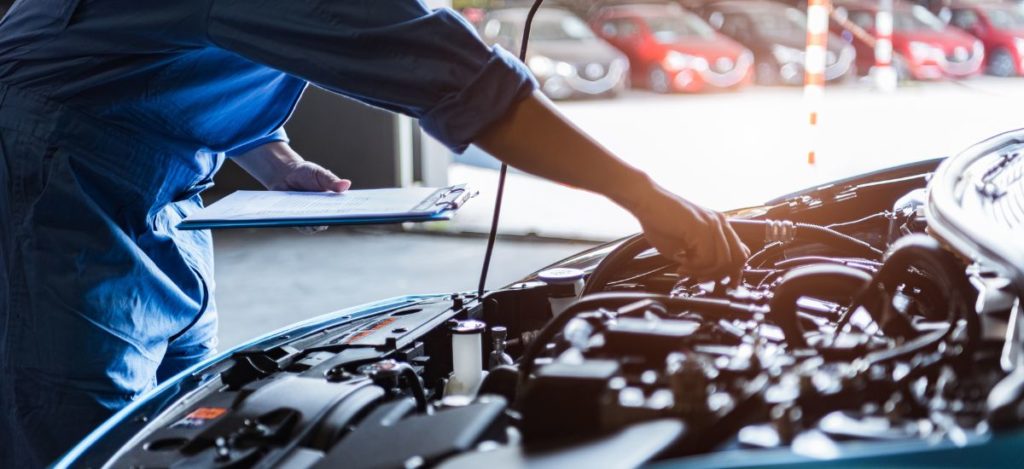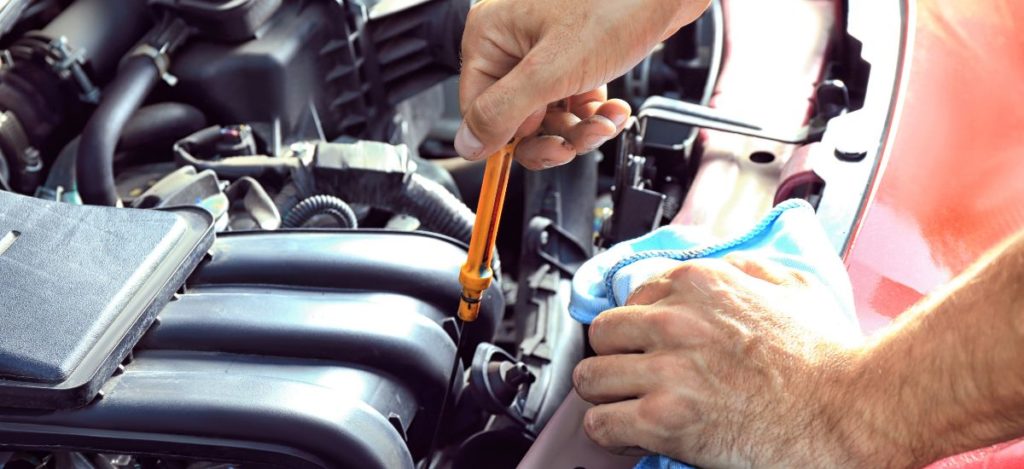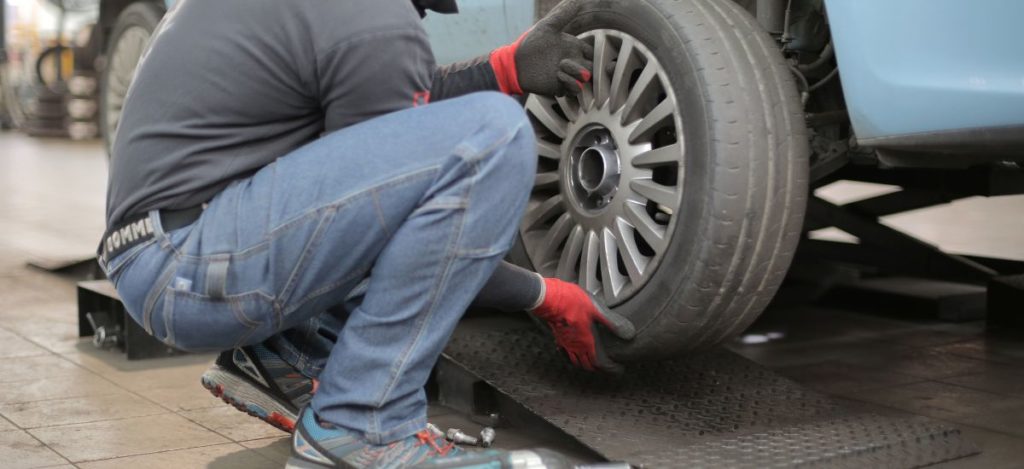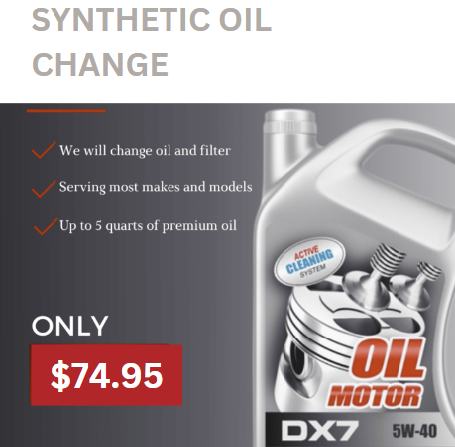Essential Guide to Brake Fluid Flush: Expert Tips
The brake system in your car is one of the most critical safety features. It’s imperative to keep it maintained and functioning correctly, which involves regular brake fluid flushes. Brake fluid is responsible for transmitting force from the brake pedal to the brakes themselves, so if it’s not in good condition, it can malfunction the entire braking system. In this post, we’ll cover everything you need to know about brake fluid flushes – what they are, how often you should get them done, and what signs indicate that your vehicle needs one. We’ll also explore the importance of maintaining proper brake fluid levels and preventing moisture build-up through regular flushing. So buckle up and read on for expert tips on brake fluid flushes.
Understanding the Concept of Brake Fluid Flush
A brake fluid flush is an essential maintenance procedure that removes contaminants and impurities from the brake system. Replacing old fluid with fresh brake fluid helps maintain optimal brake performance. Moisture build-up in the brake fluid can lead to brake failure, making regular flushes crucial. This preventive measure also prevents potential damage to brake system components such as the master cylinder and brake pedal. , it’s essential to address any signs of contaminated brake fluid, such as shorter routes, frequent braking, and tire tread skids.

The Process of Flushing Brake Fluid
The old fluid in the reservoir must perform a brake fluid flush. Then, new fluid is used to flush the brake lines and remove contaminants. The brake system eliminates all air bubbles. It’s essential to have a trained professional perform this process for the best results. By following these steps, you can maintain the performance and safety of your vehicle’s braking system. You want your assistant to notify you to close the valve right before it hits the bottom of the brake pedal. Repeat this process until fresh fluid comes out. Usually, the old fluid is darker, and you will notice the shift to a lighter fluid, indicating the fresh fluid has filled that brake line.
The Importance of Brake Fluid Flush for Vehicle Performance
Regular brake fluid flushes help maintain consistent brake performance. By preventing moisture build-up, brake fluid flushes ensure that the brake function remains effective. Fresh brake fluid also plays a crucial role in lubricating the brake system components, allowing them to operate smoothly. Moreover, a brake fluid flush can extend the lifespan of brake pads and rotors, saving you from costly repairs in the future. Neglecting regular brake fluid flushes can compromise the performance and safety of your vehicle.
Preventing Moisture Build-Up Through Regular Brake Fluid Flush
Regular brake fluid flushes are essential to prevent moisture build-up in the brake system. Over time, brake fluid naturally absorbs moisture, which can lead to corrosion and damage to brake components. You remove the moisture by flushing the brake fluid at recommended intervals and ensure optimal braking performance. Moisture-free brake fluid also helps prevent costly repairs in the future. So, make sure to schedule regular brake fluid flushes to maintain the integrity of your braking system. Pay attention to this crucial maintenance task.
Notable Signs That Indicate a Need for Brake Fluid Flush
Unusual noises or smells during braking can signal the need for a brake fluid flush, while subpar braking performance may indicate contaminated brake fluid. Keep an eye out for the ABS dashboard light, as it could illuminate to indicate a potential brake fluid issue. Older vehicles or those with high mileage might require more frequent brake fluid flushes. Keeping track of the last brake fluid flush can help determine when it’s time for the next one. Pay attention to these signs, as regular maintenance can prevent costly repairs.

Unusual Noises or Smells During Braking
If you notice strange sounds like squealing or grinding when you apply the brakes, it could indicate contaminated or low brake fluid. Additionally, foul smells, such as a burnt odor, during braking can suggest deteriorated brake fluid. Whenever you experience unusual noises or smells while braking, it’s crucial to conduct a thorough brake system inspection, which includes a brake fluid flush. It is a sign you need a brake fluid change. Addressing these issues can prevent further damage and ensure safe braking. Consult a professional if you encounter any unusual noises or smells during braking.
Subpar Braking Performance: Should You Worry?
If you’re experiencing longer stopping distances or ineffective braking, it could be a sign that your brake fluid needs to be flushed. Contaminated brake fluid can lead to reduced traction and compromise your safety on the road. Don’t ignore changes in braking performance – prioritize your safety by addressing any concerns promptly. Consult a professional for assistance with issues such as worn tire tread, shocks, or struts that could be causing ineffective braking.
ABS Dashboard Light: What it Indicates
The ABS dashboard light illuminates as a warning sign of an issue with the anti-lock braking system. Brake fluid problems, such as low contamination levels, can trigger it. If the ABS light is on, it’s crucial to have the brake system inspected and potentially flushed by a professional. Ignoring the warning light can compromise the vehicle’s ability to brake and control skids safely. Consult an expert to diagnose and resolve any ABS dashboard light issues promptly. Remember, addressing the underlying problem is essential for maintaining optimal braking performance.
How Often Should You Opt for a Brake Fluid Flush?
Brake fluid flush intervals vary based on vehicle make, model, and usage. Flushing brake fluid every two years or 30,000 miles to ensure optimal performance. Consult your vehicle’s owner’s manual or a professional technician for specific recommendations. Regular maintenance schedules should include a brake fluid flush.
Estimating the Cost of a Brake Fluid Flush
Several factors come into play when estimating the cost of a brake fluid flush. The cost can vary depending on the vehicle and location, labor rates, and the type of brake fluid used. A brake fluid flush can average range from $80 to $150. Considering this cost as an investment in maintaining your vehicle’s safety and performance is essential. , it’s recommended to consult a reputable service provider who can assess your specific needs.
Can You Perform a Brake Fluid Flush at Home?
Performing a brake fluid flush at home is possible. You’ll need a brake bleeding kit and fresh brake fluid. Make sure to follow your vehicle’s manufacturer’s instructions. If you need more clarification, it’s best to seek help from a professional mechanic.
What are the Consequences of Contaminated Brake Fluid?
Contaminated brake fluid can have severe consequences for your vehicle’s braking performance. It can reduce braking power, longer stopping distances, and even brake failure. Additionally, moisture in the brake fluid can cause corrosion and damage the brake system. Regularly checking and flushing your brake fluid is crucial to prevent these issues and ensure safe braking.
Is a Brake Fluid Flush a Part of Routine Vehicle Maintenance?
A brake fluid flush is an integral part of routine vehicle maintenance. It is recommended by manufacturers every 30,000 to 60,000 miles. Regular flushing helps maintain the brake system’s integrity by preventing moisture absorption and contaminants, ensuring optimal brake performance, and avoiding costly repairs.
Conclusion
In conclusion, regular brake fluid flushes are essential for maintaining optimal vehicle performance and safety. Moisture build-up can lead to brake system corrosion and reduced braking efficiency. Pay attention to unusual noises, subpar braking performance, and the ABS dashboard light, which indicate a need for a brake fluid flush. While the cost of a brake fluid flush may vary, it is a worthwhile investment to ensure your brakes function correctly. If you have the expertise, you can perform a brake fluid flush at home, but you must consult a professional for the best results. Remember, a brake fluid flush should be a part of your routine vehicle maintenance for a smoother and safer driving experience.



